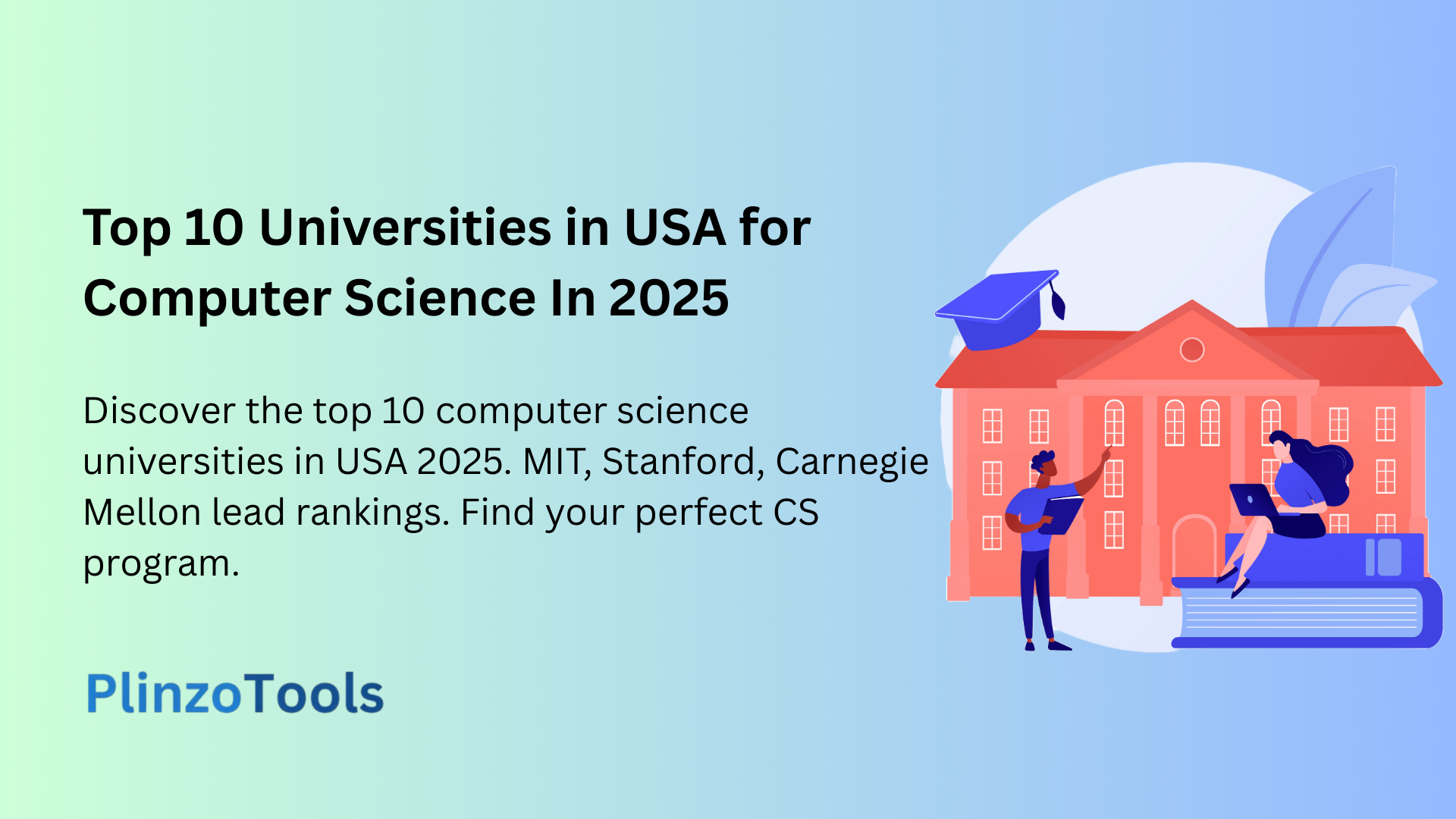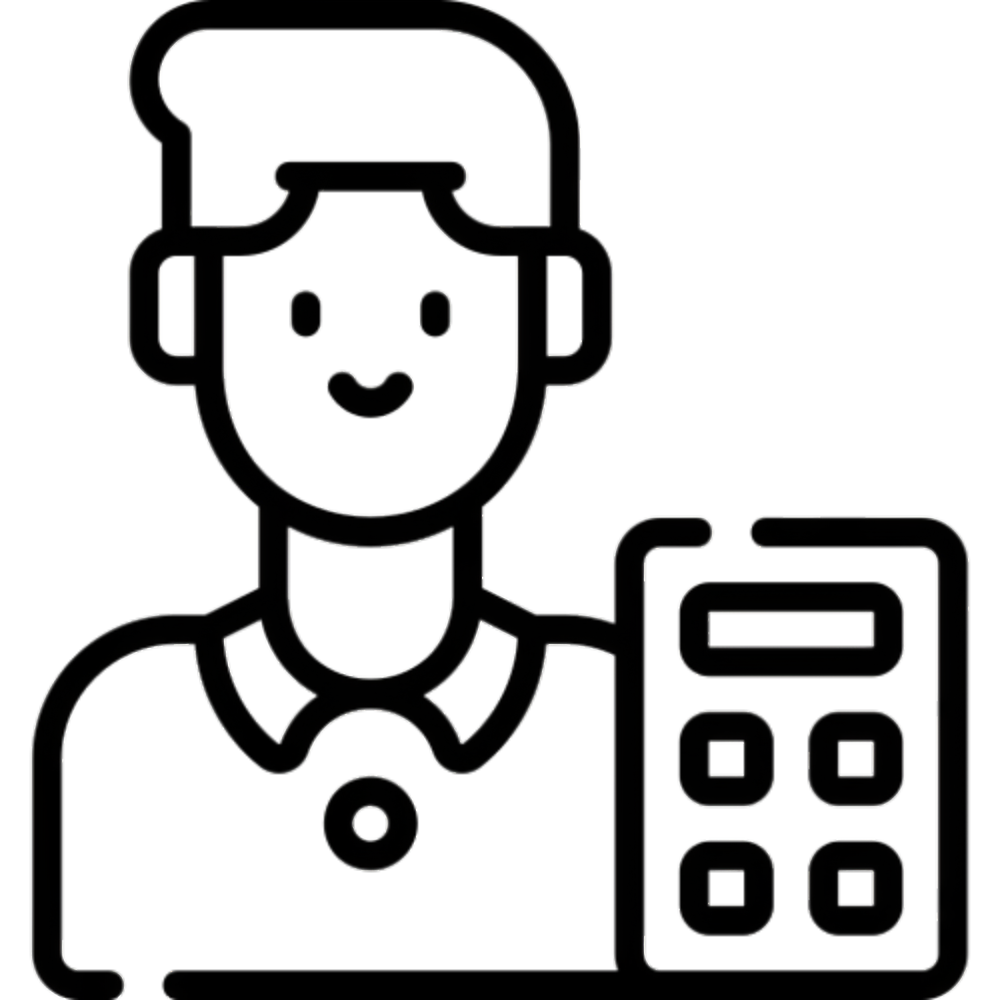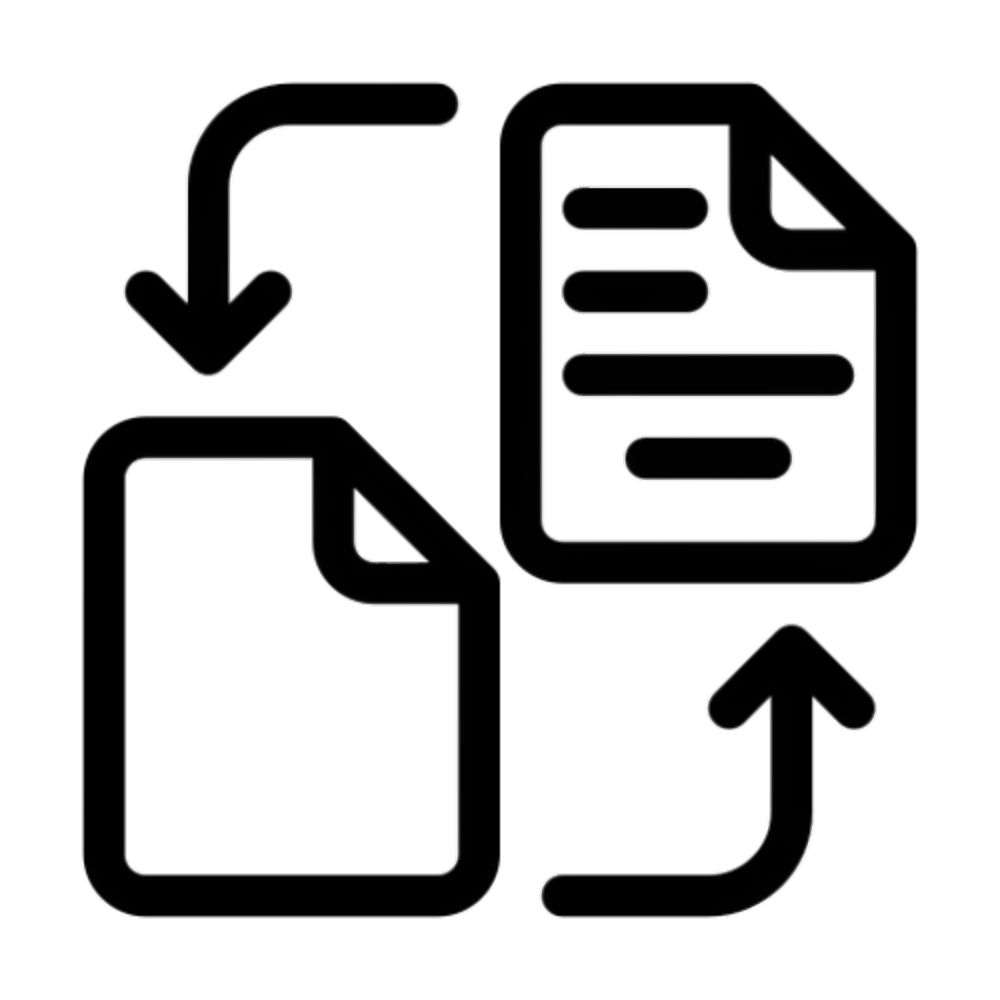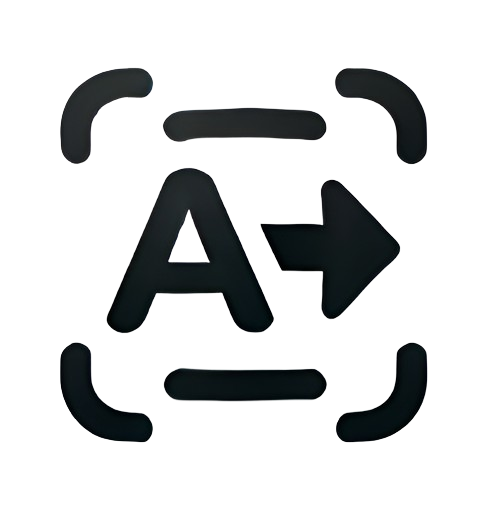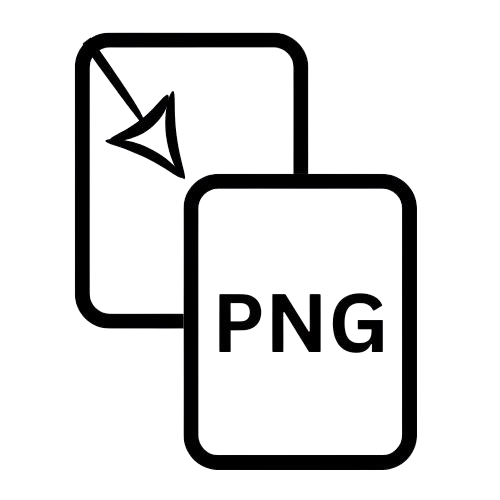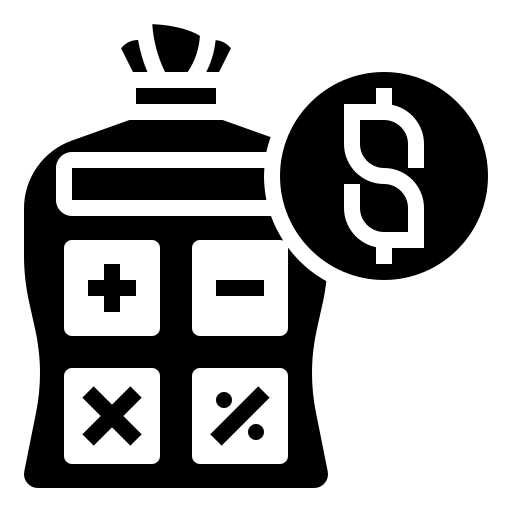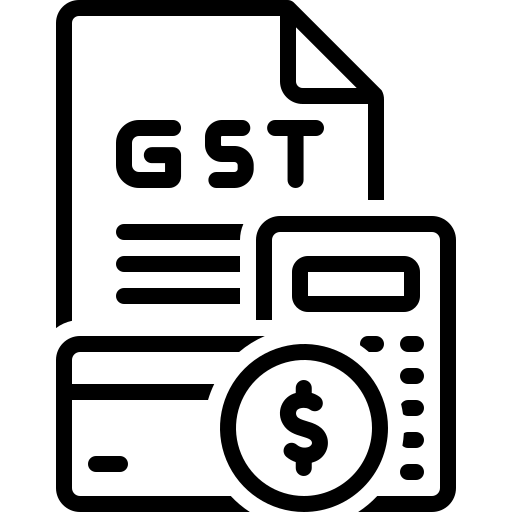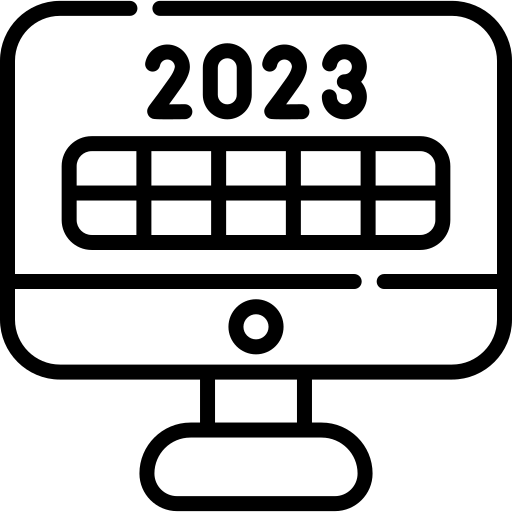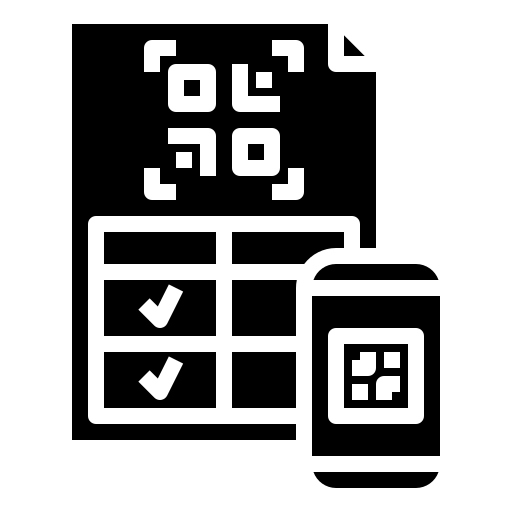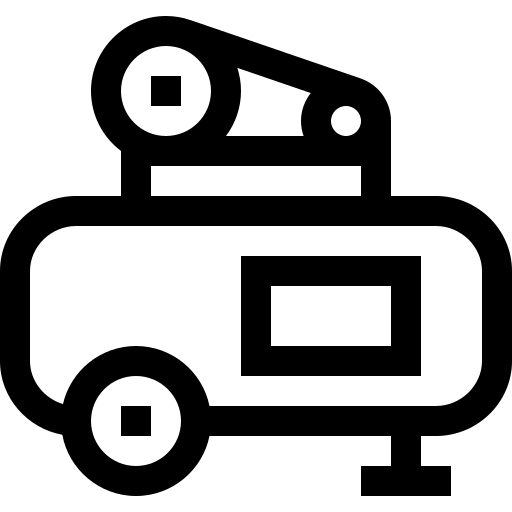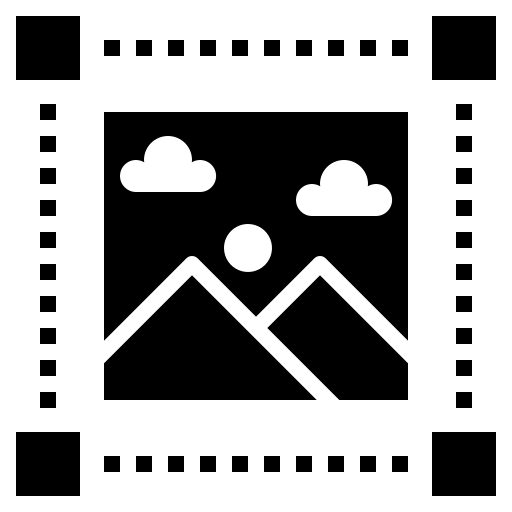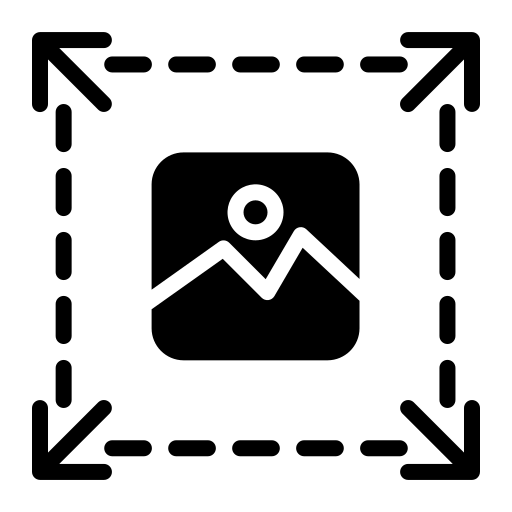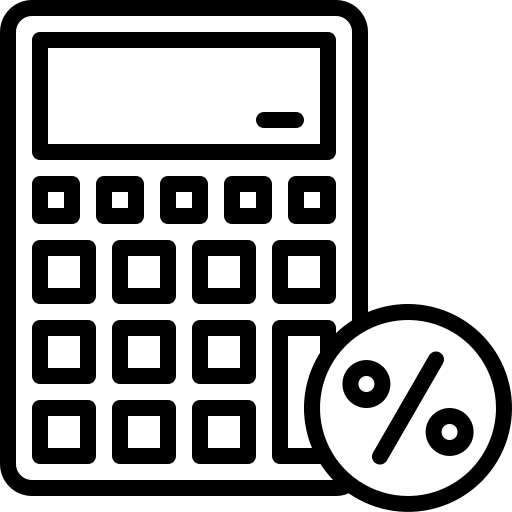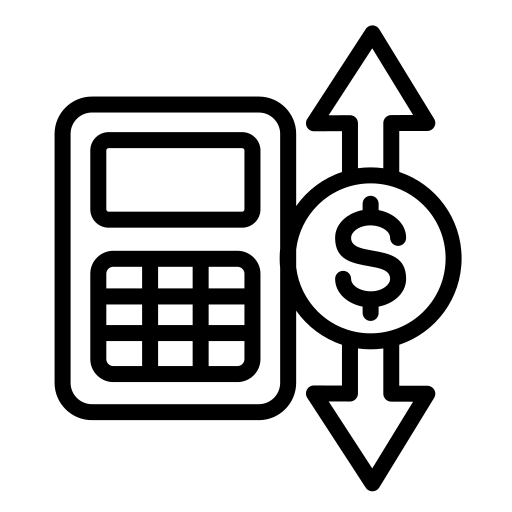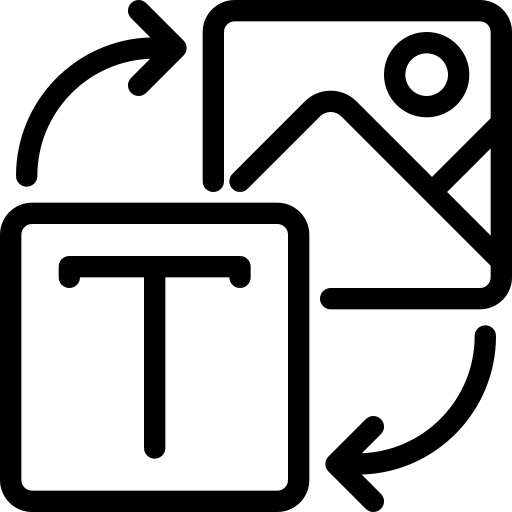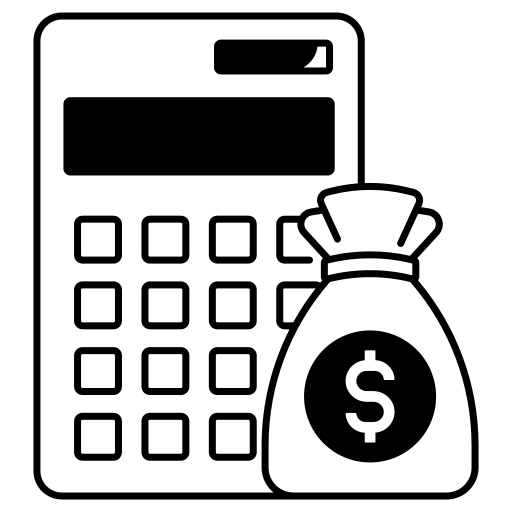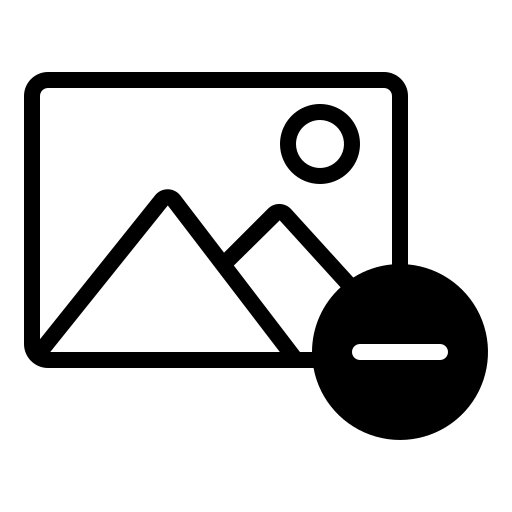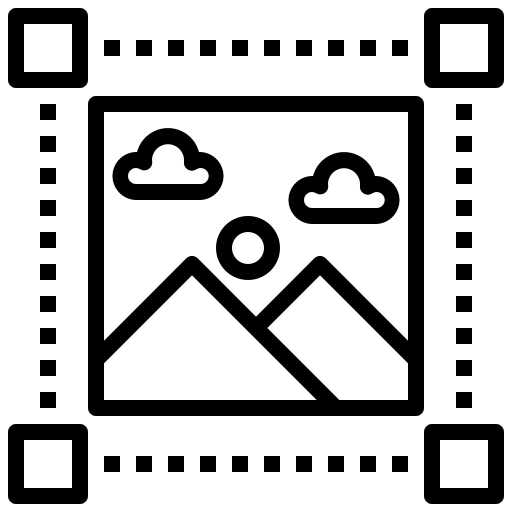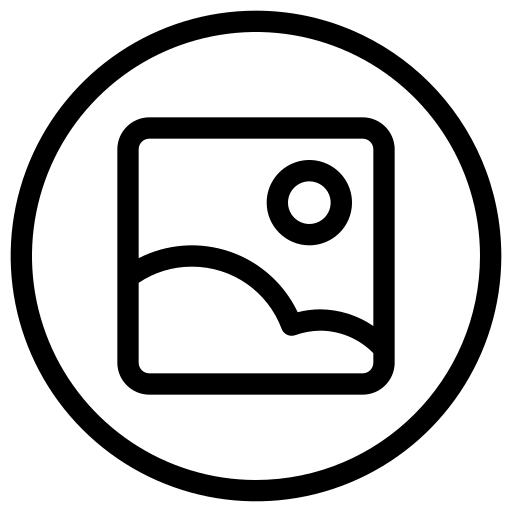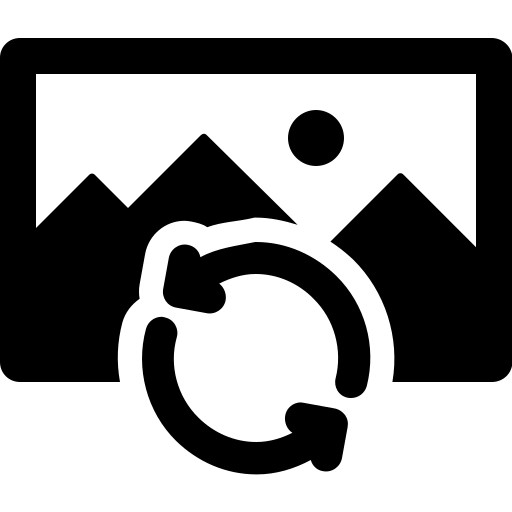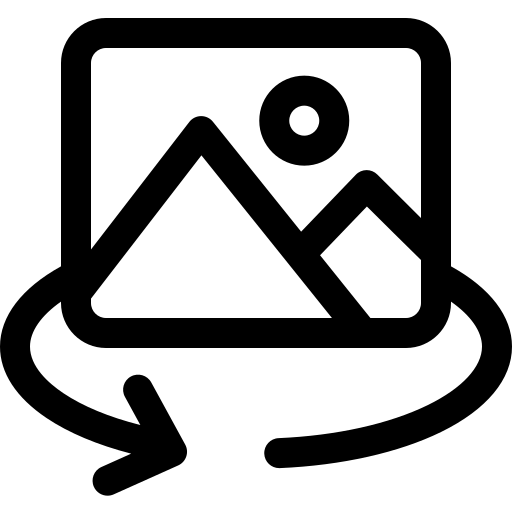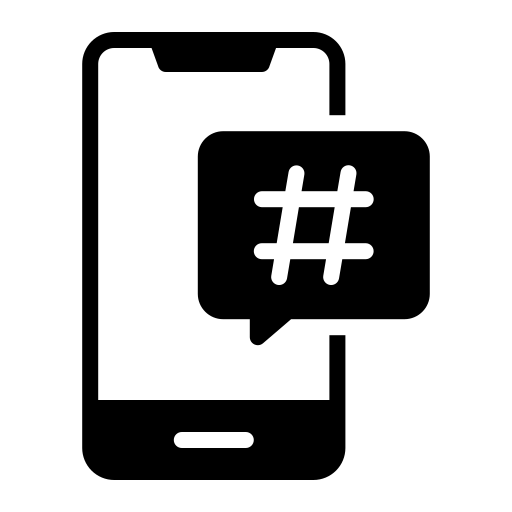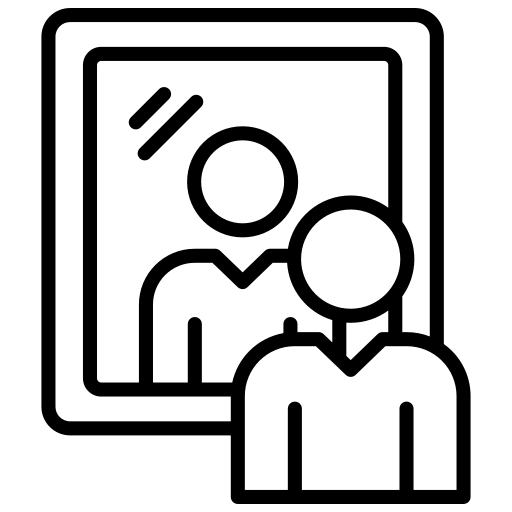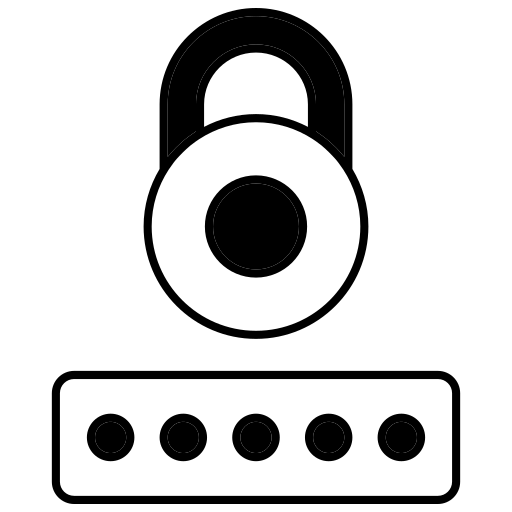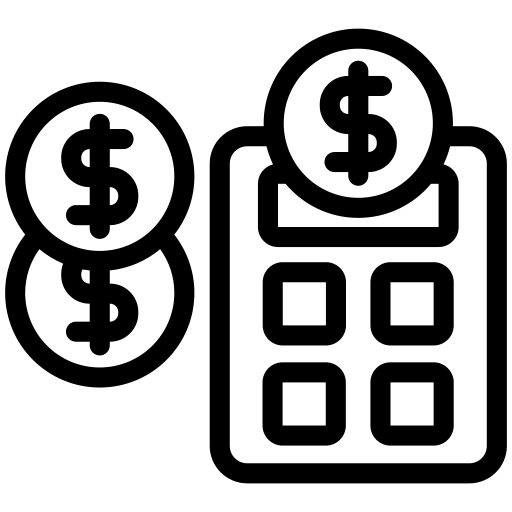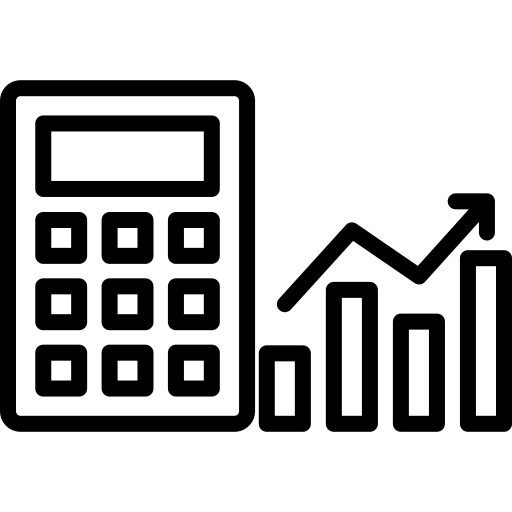
Is Plagiarism Illegal?
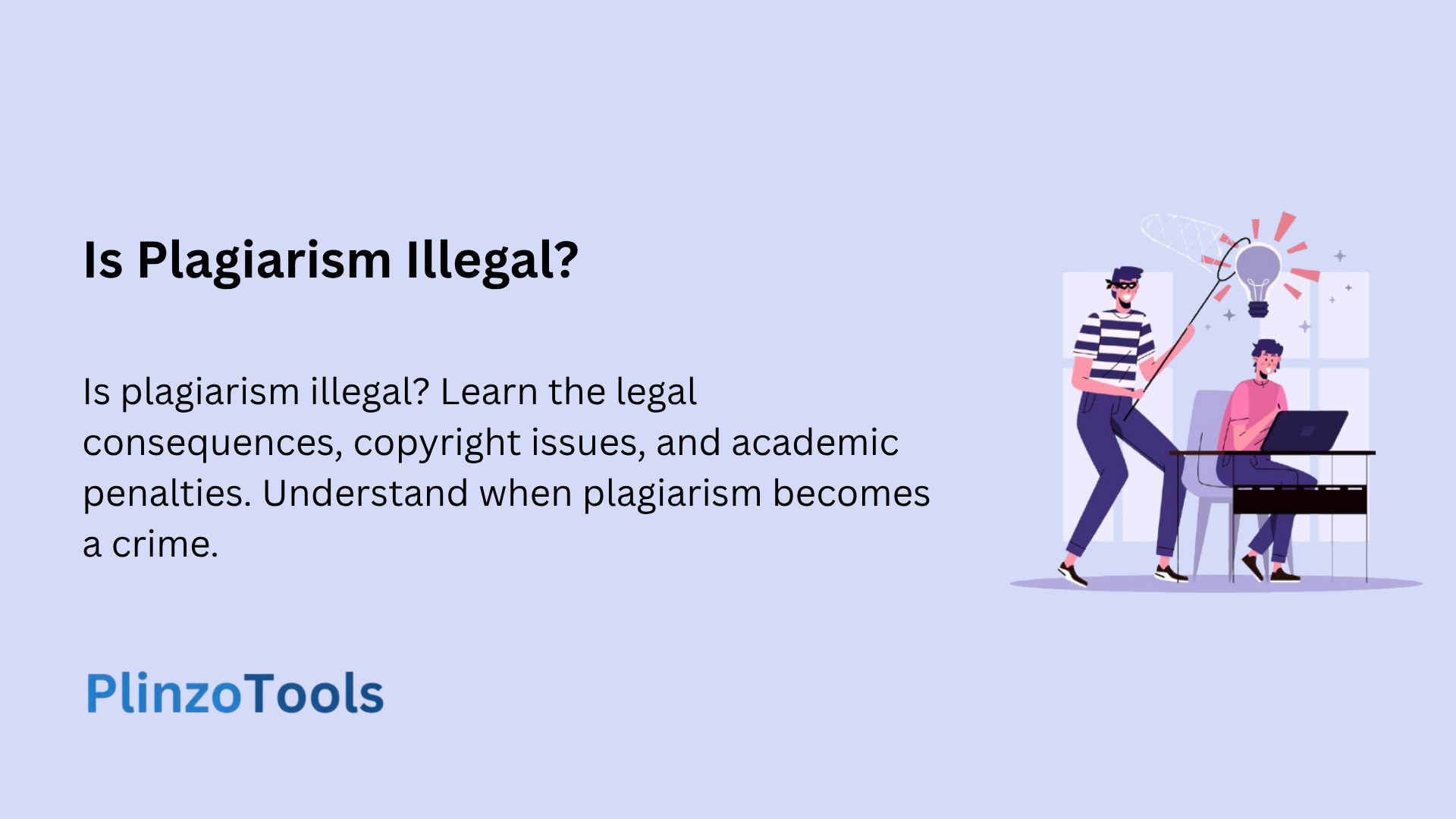
Plagiarism is a serious concern that affects students, professionals, and content creators worldwide. Many people wonder: is plagiarism illegal? The answer isn’t straightforward, as it depends on various factors including the type of content, jurisdiction, and specific circumstances involved.
What is Plagiarism? A Clear Definition
Plagiarism occurs when someone presents another person’s work, ideas, or intellectual property as their own without proper attribution. This includes copying text, paraphrasing without citation, using someone else’s research findings, or even reusing your own previous work without acknowledgment (self-plagiarism).
The term “plagiarism” comes from the Latin word “plagiarius,” meaning kidnapper or literary thief, which perfectly captures the essence of this academic and professional misconduct.
Is Plagiarism Illegal? The Legal Perspective
Plagiarism itself is not typically a criminal offense, but it can have serious legal implications depending on the context. Here’s what you need to understand:
Copyright Infringement vs. Plagiarism
While plagiarism and copyright infringement are related, they’re not identical. Copyright infringement is a legal violation that can result in lawsuits and financial penalties. When plagiarism involves copyrighted material, it crosses into illegal territory.
For example, if you copy substantial portions of a copyrighted book, article, or research paper without permission, you’re committing copyright infringement, which is illegal under federal law in most countries. The U.S. Copyright Office provides comprehensive information about copyright laws and how they apply to various forms of intellectual property.
Academic vs. Legal Consequences
In academic settings, plagiarism violations are handled through institutional policies rather than criminal courts. However, the consequences can still be severe, including:
- Failing grades on assignments or courses
- Academic probation or suspension
- Expulsion from educational institutions
- Damage to academic and professional reputation
When Does Plagiarism Become Illegal?
Plagiarism becomes a legal issue in several scenarios:
Professional and Commercial Contexts
When plagiarism occurs in professional settings, especially involving copyrighted material or intellectual property theft, it can result in:
- Civil lawsuits for damages
- Breach of contract claims
- Professional license revocation
- Criminal charges in extreme cases
Patent and Trademark Violations
Stealing patented inventions, trade secrets, or trademark designs constitutes intellectual property theft, which is illegal and can result in significant legal penalties.
Academic Fraud
In some jurisdictions, severe cases of academic fraud involving falsified research or degrees can lead to criminal charges, particularly if they involve fraud or misrepresentation for financial gain.
Types of Plagiarism and Their Consequences
Understanding different types of plagiarism helps clarify when legal issues might arise:
Direct Plagiarism
Copying text word-for-word without attribution is the most obvious form. While not always illegal, it can violate copyright laws if substantial portions are involved.
Paraphrasing Plagiarism
Rewording someone else’s ideas without proper citation still constitutes plagiarism, even though the words are different.
Self-Plagiarism
Reusing your own previously published work without disclosure can violate publication agreements and academic integrity policies.
Mosaic Plagiarism
Combining ideas from multiple sources without proper attribution creates a “mosaic” of plagiarized content.
How to Avoid Plagiarism: Best Practices
Preventing plagiarism is crucial for maintaining academic and professional integrity:
Proper Citation Techniques
Always cite your sources using appropriate citation styles (APA, MLA, Chicago, etc.). This includes direct quotes, paraphrased content, and borrowed ideas. Understanding essential English grammar rules can significantly improve your writing quality and help you properly integrate citations into your work.
Understanding Fair Use
Familiarize yourself with fair use guidelines, which allow limited use of copyrighted material for educational, commentary, or criticism purposes. The Stanford University Libraries offers an excellent resource for understanding fair use principles and their practical applications in academic and professional contexts.
Using Plagiarism Detection Tools
Utilize plagiarism checkers and detection software to identify potential issues before submission. Many educational institutions provide access to these tools, and there are also educational apps for adults that can help improve your research and writing skills while maintaining academic integrity.
Time Management and Research Skills
Poor time management often leads to plagiarism. Develop strong research and writing skills, and start assignments early to avoid last-minute copying.
The Impact of Digital Technology on Plagiarism
The internet has made both plagiarism and its detection easier. While copy-paste plagiarism is more tempting, sophisticated detection software can identify even subtle forms of academic dishonesty.
AI and Plagiarism Detection
Modern plagiarism detection tools use artificial intelligence to identify not just direct copying but also paraphrased content and unusual writing patterns that might indicate plagiarism. Leading platforms like Turnitin and similar services have revolutionized how educational institutions detect and prevent academic dishonesty.
Legal Remedies for Plagiarism Victims
If you’ve been a victim of plagiarism, several legal options may be available:
DMCA Takedown Notices
For online plagiarism involving copyrighted content, Digital Millennium Copyright Act (DMCA) takedown notices can help remove infringing content. The Electronic Frontier Foundation provides detailed guidance on how to file DMCA takedown requests and understand your rights under copyright law.
Civil Lawsuits
In cases involving significant financial harm or commercial plagiarism, civil lawsuits may be appropriate to seek damages and injunctive relief.
Professional Ethics Complaints
Many professions have ethics boards that handle plagiarism complaints and can impose professional sanctions. Organizations like the American Psychological Association maintain strict ethical guidelines that include provisions against plagiarism and intellectual property violations in professional practice and research.
International Perspectives on Plagiarism
Plagiarism laws and enforcement vary significantly across countries. What’s considered acceptable in one culture might be severely penalized in another. International students and professionals should familiarize themselves with local academic and legal standards. The International Center for Academic Integrity provides resources and guidelines for maintaining ethical standards across different educational systems worldwide.
The Role of Educational Institutions
Schools and universities play a crucial role in preventing and addressing plagiarism through:
- Clear academic integrity policies
- Educational programs about proper citation
- Consistent enforcement of penalties
- Support for students struggling with academic writing
Future Trends in Plagiarism Prevention
As technology evolves, so do plagiarism prevention methods. Blockchain technology, advanced AI detection, and improved educational resources are making it easier to maintain academic integrity while supporting legitimate research and learning.
Conclusion: Understanding Your Responsibilities
While plagiarism may not always be illegal in the criminal sense, it can have serious legal, academic, and professional consequences. Understanding the difference between plagiarism and copyright infringement, knowing how to properly cite sources, and maintaining academic integrity are essential skills for students and professionals alike.
The key takeaway is that whether or not plagiarism is technically illegal, it’s always unethical and can result in significant consequences. By developing strong research and citation skills, respecting intellectual property rights, and maintaining academic integrity, you can avoid the serious repercussions that plagiarism can bring.
Remember, when in doubt about attribution or citation, it’s always better to err on the side of caution and provide proper credit to original authors and creators. This not only protects you from potential legal and academic consequences but also demonstrates respect for the intellectual contributions of others.
This article provides general information about plagiarism and its legal implications. For specific legal advice regarding plagiarism or copyright infringement cases, consult with a qualified attorney familiar with intellectual property law in your jurisdiction.
You can also check PlinzoTools for more useful online tools for your daily work. They are all secure and free-to-use utilities. So, do give them a try!

